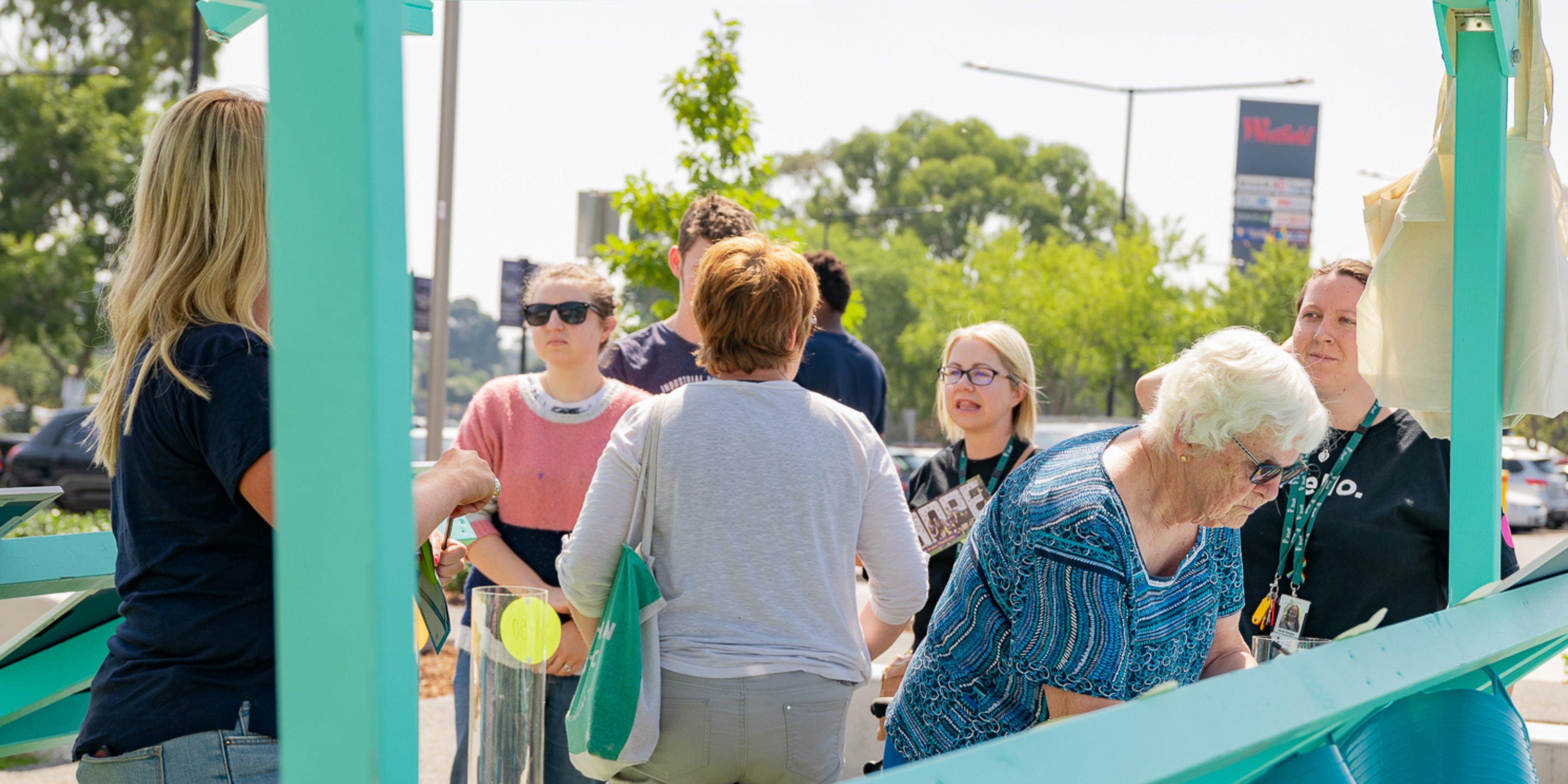When it comes to community engagement efforts in the face of inflation and rising living costs in Melbourne, it’s crucial to be conscious and mindful of the community’s needs and challenges.
Here are some friendly tips to help you (and us) navigate this situation:
Conduct thorough community assessments
Take the time to understand the specific needs and concerns of the community you’re engaging with. This includes assessing the impact of rising living costs and inflation on individuals and families. By gaining a deeper understanding of the challenges they face, you can tailor your efforts to better address their needs.
Foster open communication
Establish a two-way dialogue with the community. Encourage them to share their concerns and ideas openly. Actively listen to their feedback, suggestions, and experiences related to rising living costs and inflation. This communication will allow you to identify key areas where your community engagement efforts can make the most impact.
Collaborate and leverage partnerships
Forge strong partnerships with other organisations, both within and outside the community engagement sector. By working together, you can pool resources, share knowledge, and find innovative solutions to mitigate the effects of inflation and rising living costs. Collaborative initiatives can help stretch limited resources, ensure efficiency, and create a broader impact.
Promote financial literacy and resource management
Offer workshops and educational programs focused on financial literacy and resource management. Teach community members about budgeting, saving strategies, and accessing available resources. By empowering individuals with financial knowledge and skills, you can help them navigate the challenges posed by inflation and rising living costs more effectively.
Seek alternative funding sources
Explore diverse funding opportunities beyond traditional avenues. Look for grants, sponsorships, or crowdfunding options that can support your community engagement initiatives. Engage local businesses, philanthropic organisations, and government agencies to seek partnerships or financial support. By diversifying your funding sources, you can better adapt to changing economic conditions.
Emphasise sustainability and long-term impact
When planning community engagement initiatives, focus on sustainability and long-term impact. Invest in projects that provide lasting benefits and address the underlying issues related to rising living costs. This can involve initiatives centered around affordable housing, job training, local economic development, or environmental sustainability. By tackling these challenges holistically, you can create positive change that goes beyond immediate relief.
Evaluate and adapt
Regularly assess the effectiveness and efficiency of your community engagement efforts. Monitor the impact of your initiatives and gather feedback from the community. Use this information to make informed adjustments, refine your strategies, and ensure that your efforts align with the evolving needs of the community.
Remember, community engagement is all about building relationships and working collaboratively to make a positive difference. By being conscious of the challenges posed by inflation and rising living costs, you can design more impactful initiatives that address the specific needs of the community and contribute to their long-term well-being.


